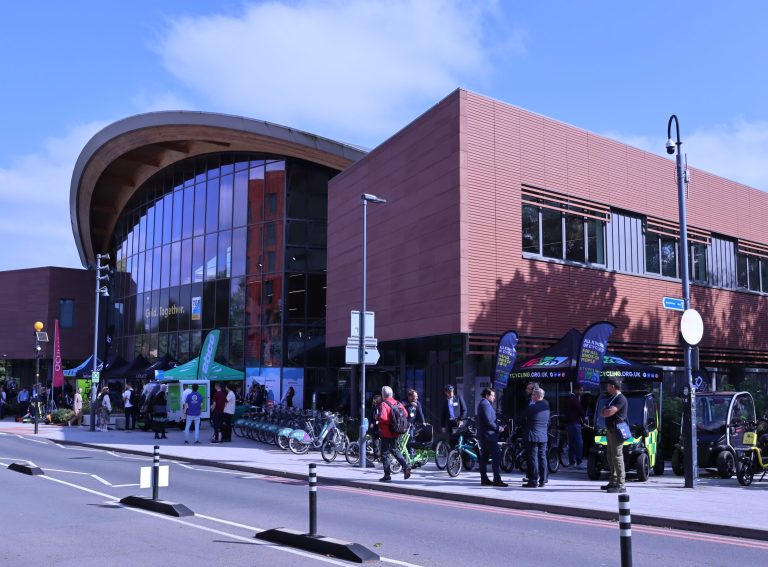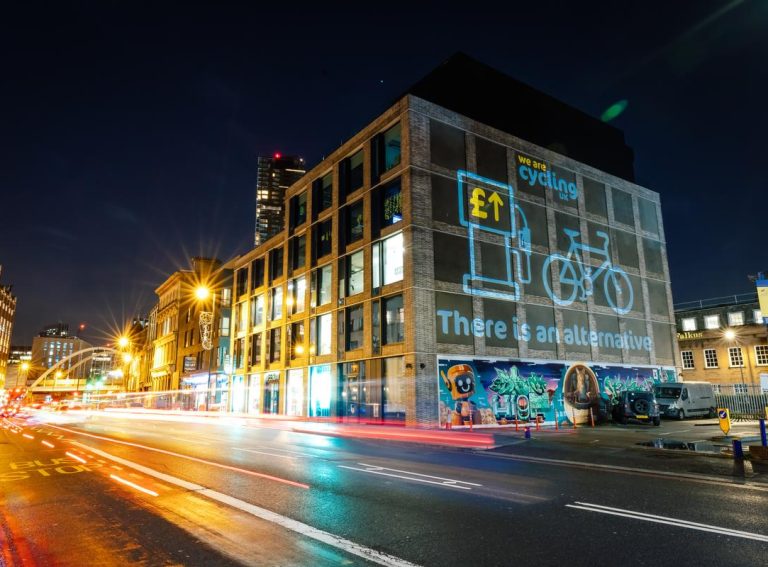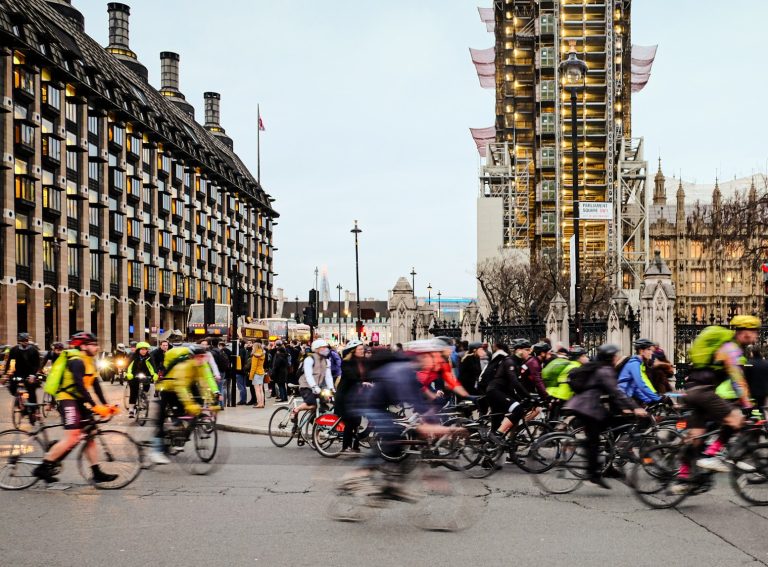The European Commission has awarded 20 cities with the EU Mission Label for their efforts on achieving climate neutrality.
Awarded as part of the EU Cities Mission, the Label recognises the cities’ plans to achieve climate neutrality by 2030 and aims to support them with access to private and public funding.
Cities account for more than 70% of global CO2 emissions, and consume more than 65% of the world’s energy.
“In total, 53 out of the 112 cities that participate in the Mission have by now received the EU Mission Label,” a European Commission Spokesperson told Zag Daily. “The Label is an important milestone in the cities’ work. It acknowledges the successful development of Climate City Contracts, which outline the cities’ overall vision for climate neutrality and contain an action plan as well as an investment plan.
“The Commission recognises that urban action is crucial for climate mitigation and can contribute significantly to accelerating the efforts to reaching climate-neutrality in the EU by 2050, and transport plays a special role in these efforts as a major source of emissions.”
A European Commission official told Zag that the most frequently mentioned actions and policies on transport from winning cities include extension, improvement and sometimes free public transport, the promotion of active travel, smart mobility solutions and innovative urban planning solutions. It also includes the reduction of emissions from private cars as a result of clean technology as well as policy measures, such as by promoting low emission zones and “one car per household” policies.
The EU Mission Label gives the winning cities access to the Climate City Capital Hub – an international finance resource focused on engaging with public and private capital. This hub enables cities that have received the Label to access financial advice, strategically structure their financial needs, and introduce projects to capital providers such as lenders and investors from the public and private sector.
Cities that have been awarded with the Label also qualify for a €2 billion lending envelope put in place by the European Investment Bank.
Sweden’s City of Gothenburg is one winner of the EU Mission Label. “The work on the Climate City Contract shows that more intensive efforts are required to achieve faster reductions in emissions in all areas and with broad engagement from many actors in Gothenburg,” Michelle Coldrey, Strategic Development Manager at the City of Gothenburg said. “The European Commission’s Mission Label gives us confirmation that we are on the right track as we tackle the challenges ahead.”
On accelerating the transition to green transport, Michelle said that Gothenburg uses a “wide toolbox” to induce the shift towards a more sustainable and efficient mobility system.
“This implies efforts to expand and improve infrastructure for walking, cycling, trams, electric buses, trains, and micromobility. Mobility management, city planning, parking regulations, new business models, nudging and infrastructure for electric vehicles are all elements of the portfolio.”
Earlier this year, Sweden opened its first Mobility Hotel in Gothenburg which combined micromobility and micro-logistics services to sustainably transport people and goods around the inner city.
The 20 cities that have been awarded with the EU Mission Label are: Aachen, Münster (Germany), Trikala (Greece), Miskolc (Hungary), Eilat (Israel), Bologna, Bergamo, Milan, Prato, Turin (Italy), Liepāja (Latvia), The Hague (the Netherlands), Porto (Portugal), Bucharest 2nd District, Suceava (Romania), Ljubljana, Kranj (Slovenia), Gothenburg, Gävle, and Umeå (Sweden).
Later this month, the winners will be handed the Mission Label by Commissioner Iliana Ivanova at the European Parliament in Strasbourg




